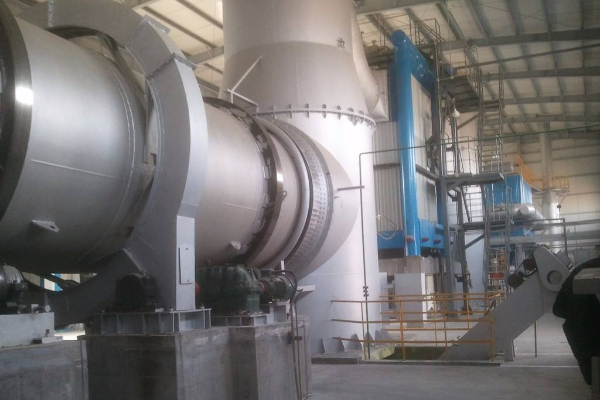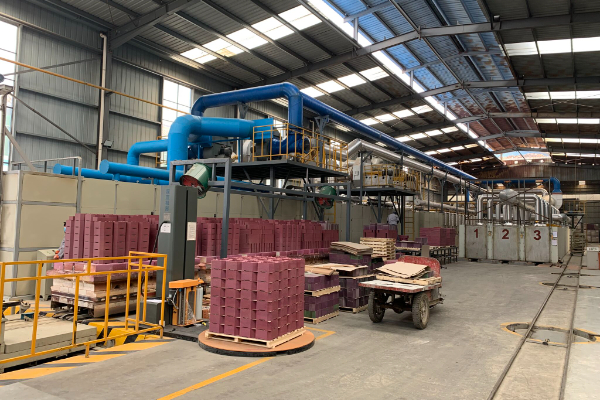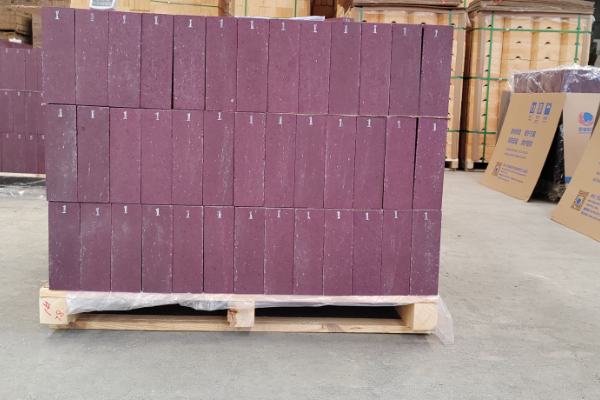Chrome corundum refractory bricks are used in rotary waste incineration kilns
The rotary waste incinerator is a thermal treatment equipment for incineration of waste (including domestic waste and medical waste). It fully guarantees the environmental protection requirements of stabilization, safety, reduction, and harmlessness of medical waste, and at the same time meets the contemporary medical waste and the development trend of domestic waste treatment. Chrome corundum refractory bricks are important refractory materials in rotary garbage incinerators. There are also some other refractory bricks. The following is a detailed introduction.
Introduction to rotary waste incinerator

The rotary kiln waste incinerator is a heat treatment equipment for incineration of waste (including domestic waste and medical waste). It fully guarantees the environmental protection requirements of stabilization, safety, reduction, and harmlessness of medical waste, and at the same time complies with contemporary medical treatment. Development trends in garbage and household waste disposal.
What refractory bricks are needed for rotary garbage incinerators?

În prezent, the refractory materials used in rotary garbage incinerators include cărămizi de crom magnezie, aluminum chromium bricks, cărămizi înalte de alumină, silicon carbide bricks, etc. in orice caz, due to the uncertainty of the atmosphere in the furnace, operating temperature, calcium-silicon ratio in the slag, and the waste Due to the variability of types, even refractory bricks with better performance are difficult to achieve their expected results.
Advantages of chrome corundum refractory bricks

Chrome corundum refractory bricks have good corrosion resistance and are especially suitable for rotary garbage incinerators that are corroded by acids and alkalis. This can be used at temperatures up to 1700°C and its structural flexibility and corrosion resistance are still very good.
 Fabrica de refractare Rongsheng
Fabrica de refractare Rongsheng
WeChat
Scanați codul QR cu wechat